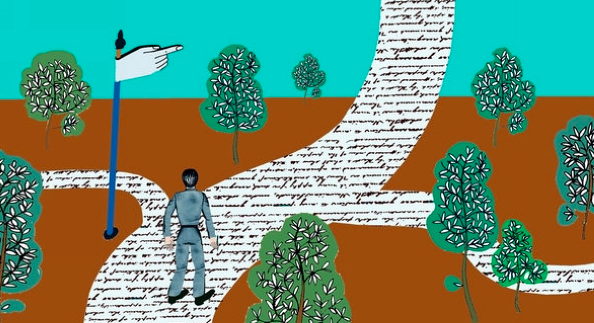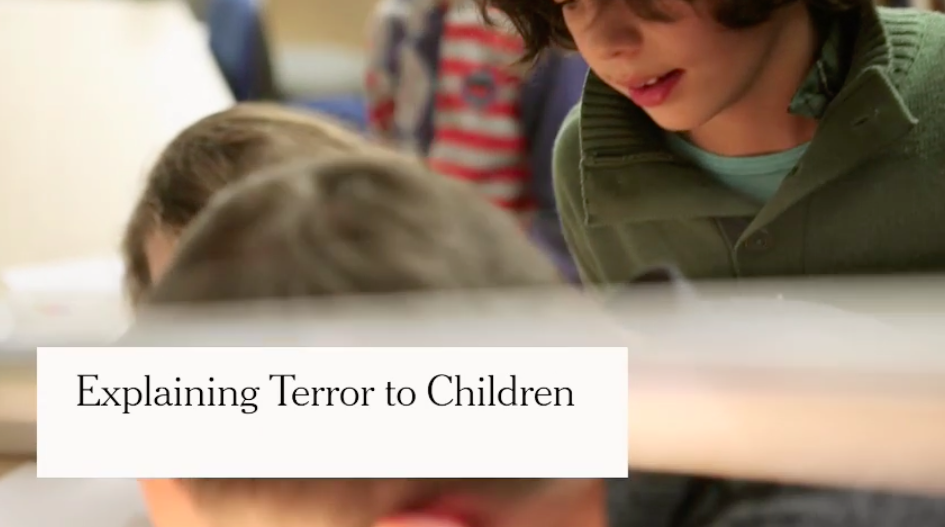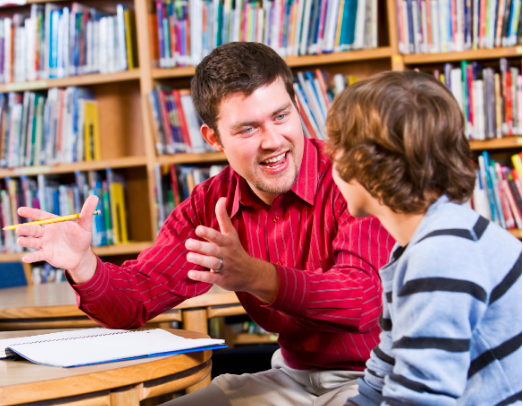★Rising Star: Professor Julia Pryce
 A conversation with Professor Julia Pryce, author of new study on mentor attunement
A conversation with Professor Julia Pryce, author of new study on mentor attunement
JR (Jean Rhodes): In your study, you and your team sat in classrooms and schools and watched relationships in action. Did you ever feel that your presence influenced the ways in which the adult and youth interacted?
JP: Our presence had minimal influence on mentor-mentee interactions, in part because we were able to observe the program from the first week, on a weekly basis, and thus became part of the context. We also situated ourselves outside of the line of vision of the matches, but close enough that we could hear, in most all cases, what was being said. Finally, the group nature of the school-based mentoring programs allowed for a lot of movement, informality, and activity, which further disguised our presence as observers.
JR: What do you see as the difference between empathy and attunement?
JP: Empathy is one component of attunement, and can underlie some of the other characteristics of attunement (e.g., responsiveness to verbal and nonverbal cues, interest in youth preferences and choices, etc.). However, empathy is often considered an emotional state or approach, and attunement involves emotion as well as other skills and actions (e.g., responsiveness, observation, self-reflection, etc.).
JR: Do you think that attunement is something that people develop with age? If so, do you think that, say, young high school students are capable of being highly attuned mentors?
JP: These are good questions. I imagine that attunement can develop with maturity. However, age did not seem to predict attunement in our study, and in fact the majority of our small group of minimally attuned mentors were older adults who participated as AARP volunteers. I do think high school students are capable of being highly attuned, although this may present an additional challenge, given that adolescence is not a developmental stage characterized by attending to others, necessarily! That said, I do believe that most volunteers can be trained to offer at least a moderate level of attunement to their protégés. And attunement training also offers program facilitators an opportunity to move those minimally attuned mentors, who may struggle with developing the skills, into another role if necessary.
JR: Are you a mentor?
JP: I serve as a mentor through the Provost Fellowship program at Loyola University Chicago, and have mentored 1-2 students every year during my time at Loyola through that program, and tend to continue relationships with them after graduation. I also support my husband, who is currently mentoring a third grade boy here in Chicago.
JR: What is the biggest “take home lesson” of your study? What advice do you give mentoring practitioners who want to raise the AQ (attunement quotient) of their volunteers?
JP: I would encourage practitioners to incorporate attunement into training prior to the match, and then in an ongoing, immediate way following sessions and throughout the program. It may also be helpful for practitioners to match highly attuned with less attuned mentors, in subgroups, for example, so that less attuned mentors can learn from more skilled mentors in an informal setting.
JR: Besides being an excellent mentoring researcher, what else do you do with your time?
JP: My husband and I have a two-year old daughter, Clara, and are expecting a second child in December. I love to swim and participate in other sports, including triathalons. I am close to my family and have one niece and three nephews that I see as often as I can. I’m also very active in my church, and, through that involvement, have the opportunity to participate in a lot of social outreach focused on social justice issues here in Chicago.









